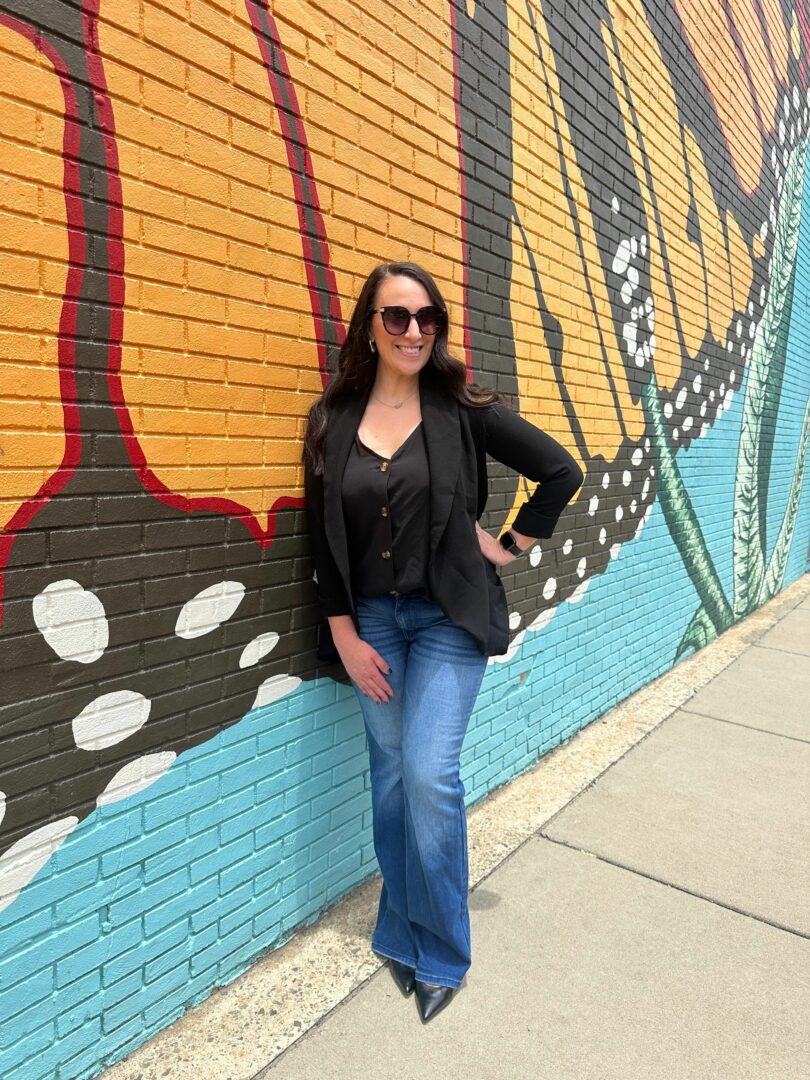We recently connected with Angelyn Franks and have shared our conversation below.
Hi Angelyn, thank you for joining us today and sharing your experiences and acquired wisdom with us. Burnout is a huge topic these days and so we’d love to kick things off by discussing your thoughts on overcoming or avoiding burnout
Great question! The first thing I want to mention is that, burnout didn’t happen for me overnight—is was a build up of stress that crept in slowly. It’s definitely a cycle for me that started as early as my speech therapy graduate program. The most recent time was in 2020. It came from trying to juggle everything: a full-time doctoral program, an almost full-time caseload of therapy clients, and the learning curve that comes with being a new mom. I never paused to ask myself what I needed. By the end of each day, I’d collapse on the couch, scrolling my phone and mindlessly snacking, too drained to do anything else. At night, I’d lie awake, exhausted but unable to sleep and my mind would race thinking about all the things I had to do the next day.
Adopting our daughter (who was 10 at the time) in 2020 gave me a new perspective on my life—especially on how I was spending my energy. One evening, about a year into motherhood, I was sitting at the kitchen table, working on my laptop while my daughter told me about her school day. She was excitedly sharing details about a group project, and I nodded along, offering the occasional “uh-huh.” But then it hit me—I wasn’t really listening. I was physically there, but my mind was consumed with deadlines, client notes, and everything else on my never-ending to-do list. I was missing the moment entirely.
It wasn’t how I wanted to show up for her—or for myself. Something had to change. But I didn’t know what.
My mind spiraled to extreme: Maybe I should quit my doctoral program. But with those thought came the fear and shame: What will people think? Will my family be disappointed? How will it feel to watch my cohort graduate without me?
The turning point happened during my next session with my therapist, (I am a huge proponent that everyone would benefit from therapy), I shared that I was considering quitting, and also some of my fears of what others might think if I quit. She paused, nodded, and asked simply, “But what do YOU want?”
That question stopped me in my tracks. I had spent so much time focused on what I thought I couldn’t do that I hadn’t paused to ask what I wanted to do. It wasn’t about whether quitting was possible—it was about whether it was right for me.
That question gave me the space to reflect and ask myself the questions I had been avoiding: What do I actually want? What do I actually need? When I finally paused and listened to my gut, the answer became clear: I wanted to finish—I knew I could finish. But I also knew I couldn’t keep going the way I had been. I didn’t need to quit—I needed to pivot.
I made a plan. The first big step was reaching out to the program director to change my research topic. It was a decision I had resisted because it meant spending more time in the program, and, again, I worried about what people might think. On our call, I shared that instead of studying animal-assisted therapy in preschool-age children, I wanted to research if using a mindfulness app (the Happier App formerly the Ten Percent Happier App) for 15 days would reduce self-reported stress in speech-language pathologists (It did!). This pivot gave me the opportunity to use my time in the program learn more about stress and burnout than I ever could have learned on my own. This shift didn’t just change the course of my career—it became the foundation for everything I do today..
Through my research, I learned that stress will never disappear entirely, but I also learned how to navigate and manage it. I began treating my energy something that needed care and attention. I also learned that burnout can be caused by values misalignment. The biggest thing I did to overcome my burnout was clarify my core values and the begin to align my life and work with them. Knowing my values and focusing on alignment helped me be more confident in doing the things that mattered to me and setting boundaries around the things that weren’t aligned. Whenever anyone asks me how to get out of burnout, the first thing I suggest to do is get clear on your core values for the current season of your life.
The experience pivoting my research, learning about values alignment, and becoming more confident in doing the things that mattered most to me weren’t just turning points for me—but they were a blueprint for overcoming my burnout. I understand the toll that chronic stress and misalignment can take, and I’ve seen firsthand how transformational it can be to pause, reflect, and realign. Now, I use what I learned everyday to guide other SLPs and helping professionals toward a life that feels balanced, fulfilling, and deeply connected to what matters most to them.
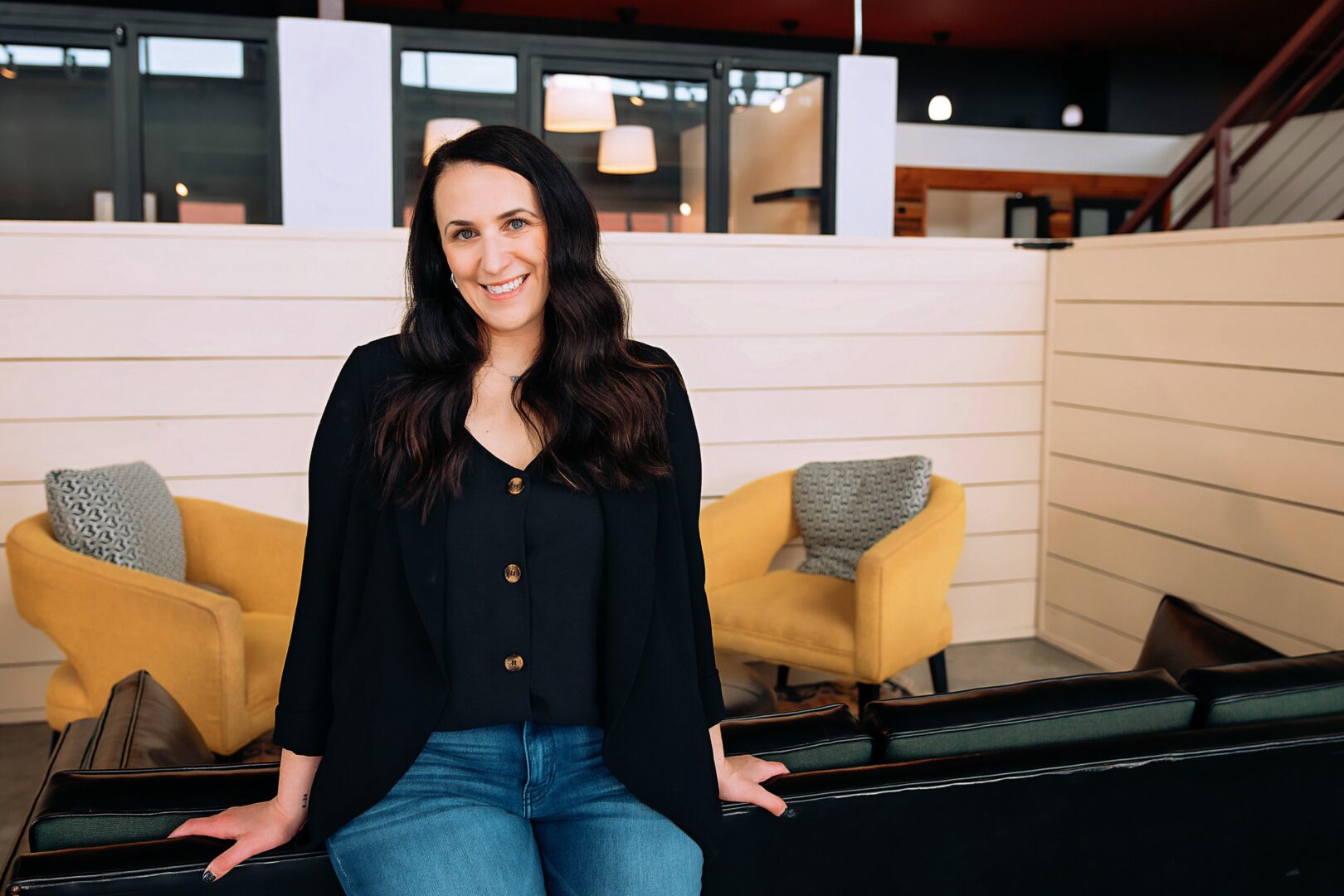
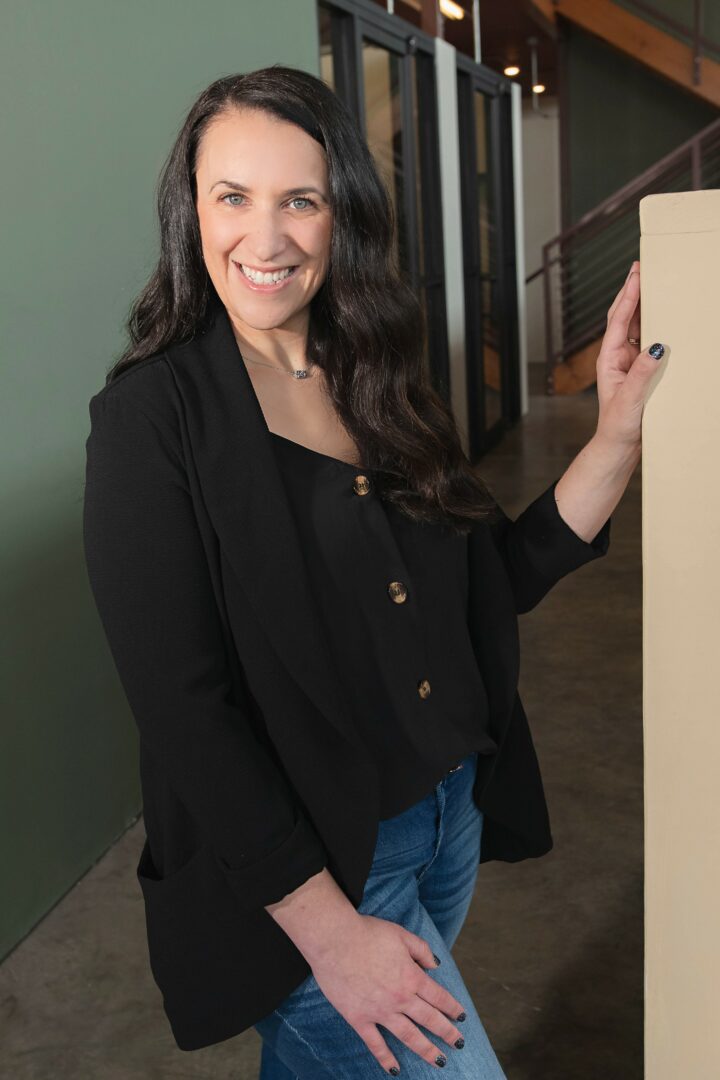
Appreciate the insights and wisdom. Before we dig deeper and ask you about the skills that matter and more, maybe you can tell our readers about yourself?
I’m a speech-language pathologist, burnout coach, and speaker dedicated to helping healthcare professionals align their lives with their values, create a sustainable work-life balance, and break free from burnout. My work combines evidence-based strategies with personal experience to empower others to manage stress, set compassionate boundaries, and reconnect with what truly matters.
What sets my work apart is its foundation in both science and lived experience. I understand firsthand how chronic stress can affect not only your work but also your health, relationships, and overall well-being. That understanding informs everything I do, from the tools I create to the personalized support I provide.
I recently had the privilege of speaking at the ASHA national convention, where I delivered a session titled “Up, Up, & Away From Burnout: Exploring Non-Traditional Pathways to Professional Fulfillment.” Sharing actionable strategies for overcoming burnout and finding fulfillment was an incredible experience, and I was honored to receive a Visionary Award for my presentation. It was truly a career highlight to contribute to such an important conversation in our field.
At the core of my work is the belief that while stress is inevitable, we can learn to navigate it with greater ease and intention. Through my coaching, workshops, and speaking, I aim to help others align their work and lives with their values, reclaim their energy, and create a life that feels fulfilling—not just in their careers, but in every aspect of their lives.

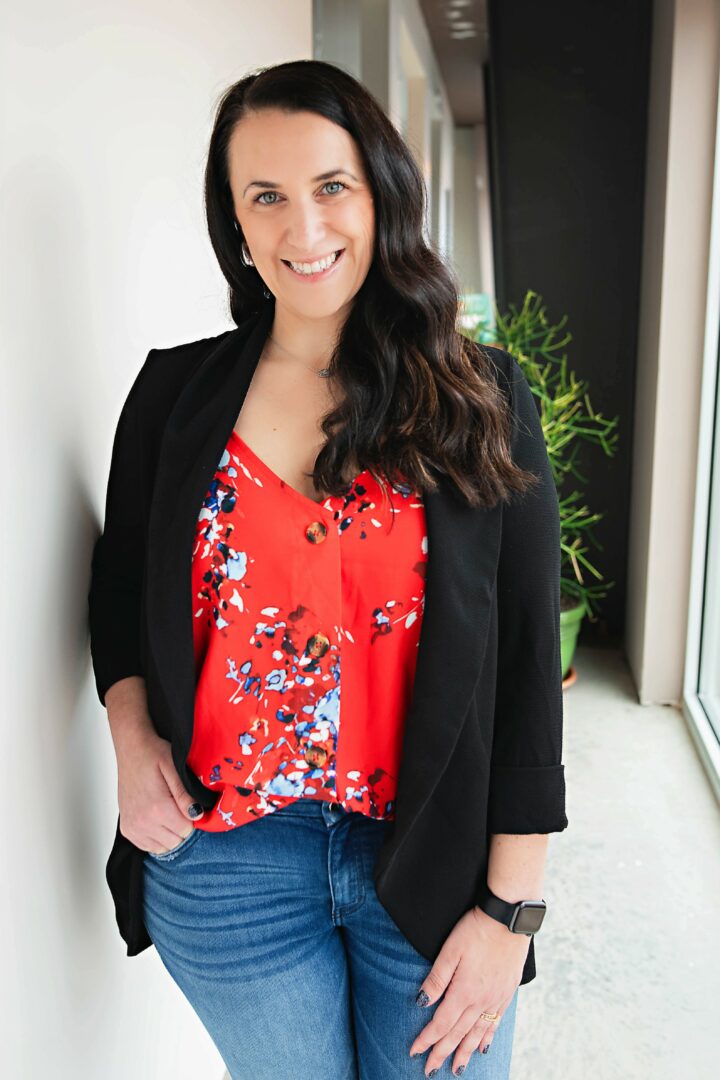
Looking back, what do you think were the three qualities, skills, or areas of knowledge that were most impactful in your journey? What advice do you have for folks who are early in their journey in terms of how they can best develop or improve on these?
Looking back, the three most impactful qualities in my journey were understanding my core values, practicing self-compassion, and embracing adaptability.
Understanding my Core Values
Core values are like a compass, guiding you through challenges and helping you focus on what truly matters. At the beginning of my journey, I didn’t even know what my values were, let alone how to live by them. I was out of alignment without even realizing it. When I finally understood my values, everything started to shift. Decisions felt easier, boundaries came with less guilt, and I could prioritize my energy in meaningful ways. One way someone shared with me to find my values was to think of the last time something made me annoyed or frustrated. Those moments often point to a value being violated.
Self-Compassion
Practicing self-compassion allowed me to let go of judgment and create space to grow. And the unexpected bonus? It helped me become more compassionate toward others. When I stopped being so hard on myself, I found it easier to extend that same grace to the people in my life.
Self-compassion has three key elements: mindfulness, self-kindness, and common humanity. Mindfulness helped me recognize my emotions without being overwhelmed by them or ignoring them. Self-kindness taught me to replace harsh self-criticism with the same care I’d offer a friend. Common humanity reminded me that struggle is a universal experience, and I wasn’t alone in my challenges.
For many folks, including myself, self-compassion doesn’t come naturally. Society often sends the message that we’re never working hard enough, and for a long time, I believed that too. Offering myself grace felt foreign—like slacking off or making excuses for myself. But when I learned what self-compassion really meant, I realized it wasn’t about being indulgent—it was about being human.
Adaptability
Finally, adaptability was key to moving forward. I had to realize what was within my control and what wasn’t. I couldn’t control how others perceived me, their expectations, or external outcomes, but I could control my choices, my mindset, and how I responded to challenges. This became especially clear when I pivoted my research topic to something more meaningful to me. At first, it felt like admitting failure because it meant staying in my doctoral program longer. But it was the right step toward alignment. Letting go of what I couldn’t control freed me to focus on what I could influence—making decisions that honored my values and capacity.
My advice? Start small. Identify one area where you’re trying to control something outside your influence—like others’ opinions or unpredictable outcomes—and shift your energy toward what you can control. Whether it’s your choices, your perspective, or your next step, adaptability isn’t about giving up—it’s about making space for what truly matters.
These three qualities—core values, self-compassion, and adaptability—became the foundation for the changes in my life. They helped me navigate burnout, realign my life, and show up for myself and others in a way that felt authentic and sustainable. If you’re just starting this journey, focus on these small but transformative shifts. They’ll change the way you approach your life and work.
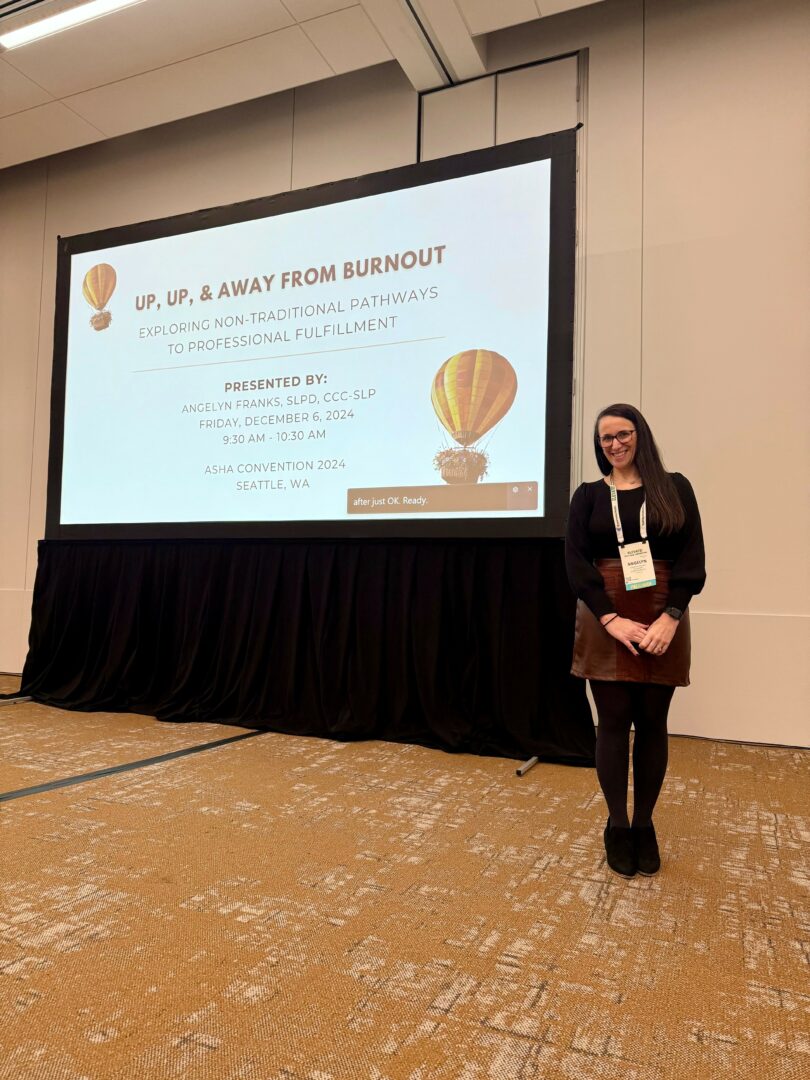
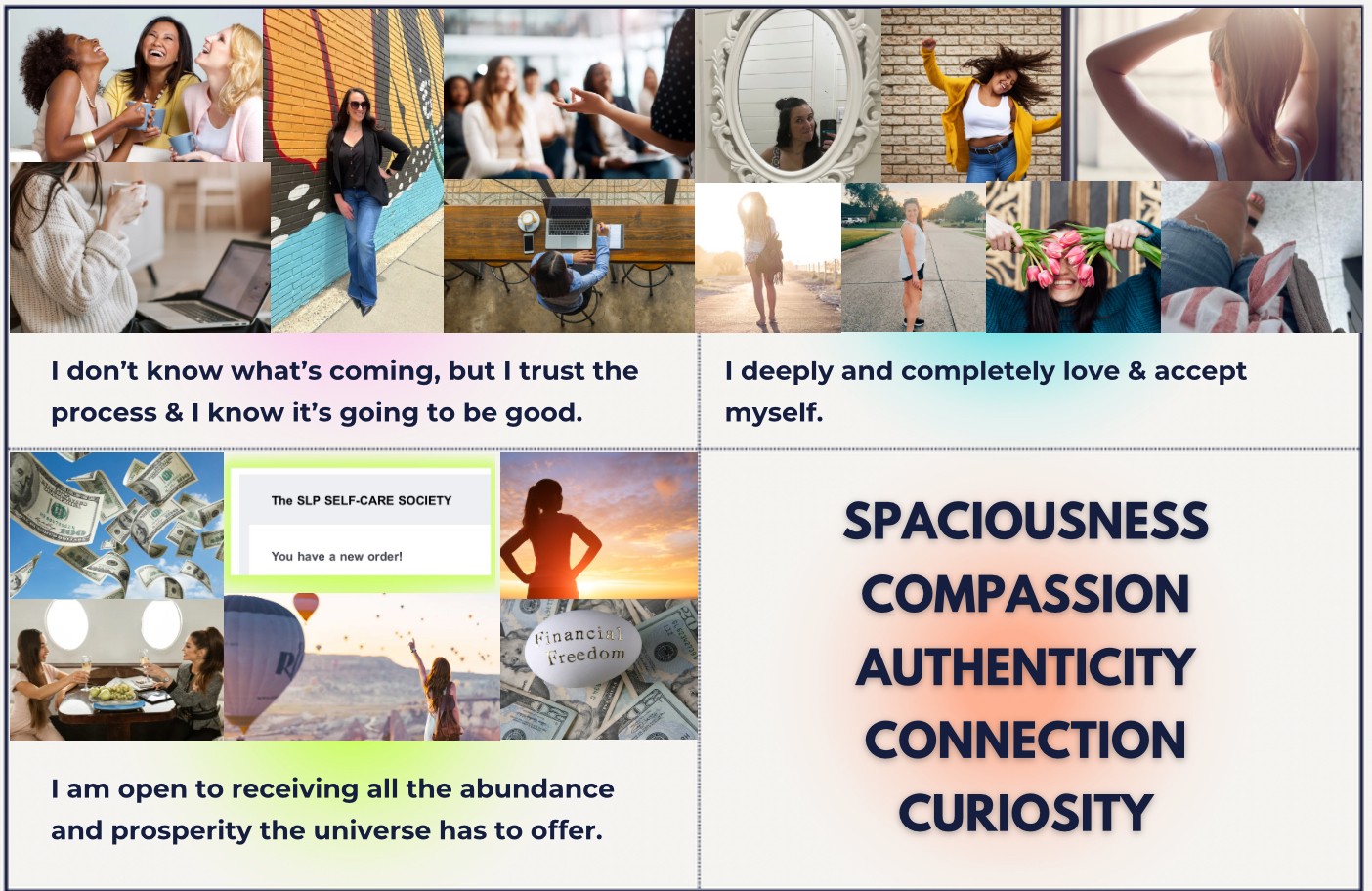
As we end our chat, is there a book you can leave people with that’s been meaningful to you and your development?
One book that has had a huge impact on my journey is The Four Agreements by Don Miguel Ruiz. It’s one of those books that completely shifts your perspective and has practical takeaways you can apply every single day. Here is a little takeaway from each of the four agreements:
Be impeccable with your word – Words have power—especially the ones we say to ourselves. This agreement reminds me that speaking with integrity and kindness is not just about how I communicate with others, but how I communicate with myself. The words I choose can either lift me up or hold me back, so now I’m more mindful about using language that reflects my values and my truth.
Don’t take anything personally – We’re all living out our own stories, and other people’s actions or words are a reflection of them, not me. This agreement helps me to not absorb other people’s negativity or judgments. This has lightened my emotional load significantly.
Don’t make assumptions – It’s so easy to assume we know what others are thinking or why something is happening. But this agreement allows me to get curious, ask questions, and be open to other possibilities. The result? Fewer misunderstandings, less stress, and more clarity.
Always do your best – Perfectionism is exhausting. Such a good reminder that our best can look different every day—and that’s okay. Some days it’s about simply showing up, and other days it’s about going above and beyond. As long as I’m doing my best, that’s enough.
Each of these agreements offers a way to simplify life and shift our mindset towards more ease and authenticity. If you haven’t read it yet, It’s a super quick read. I highly recommend giving it a go. It’ll change the way you move through the world.
Contact Info:
- Website: https://Www.theslpselfcaresociety.com
- Instagram: @dr.angelynfranks
- Facebook: https://www.facebook.com/profile.php?id=61560011885605
- Linkedin: https://www.linkedin.com/in/angelyn-franks-slp-d-ccc-slp-204a8634?utm_source=share&utm_campaign=share_via&utm_content=profile&utm_medium=ios_app
- Other: tiktok: @dr.angelynfranks
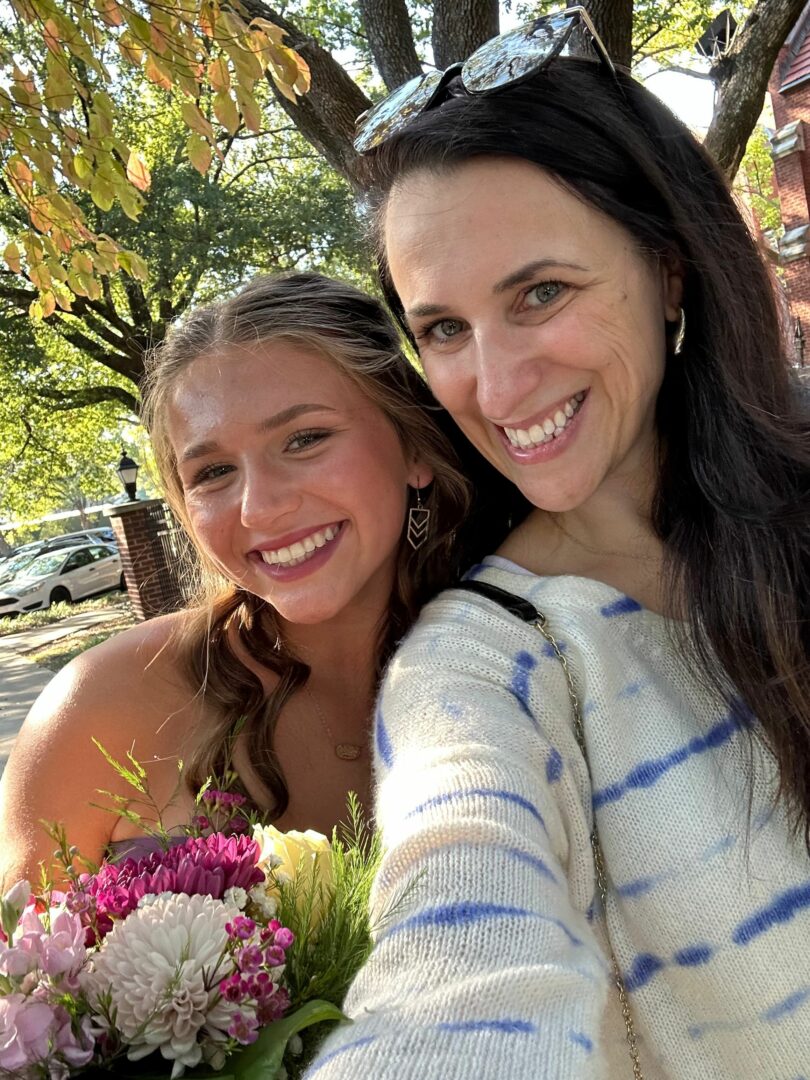
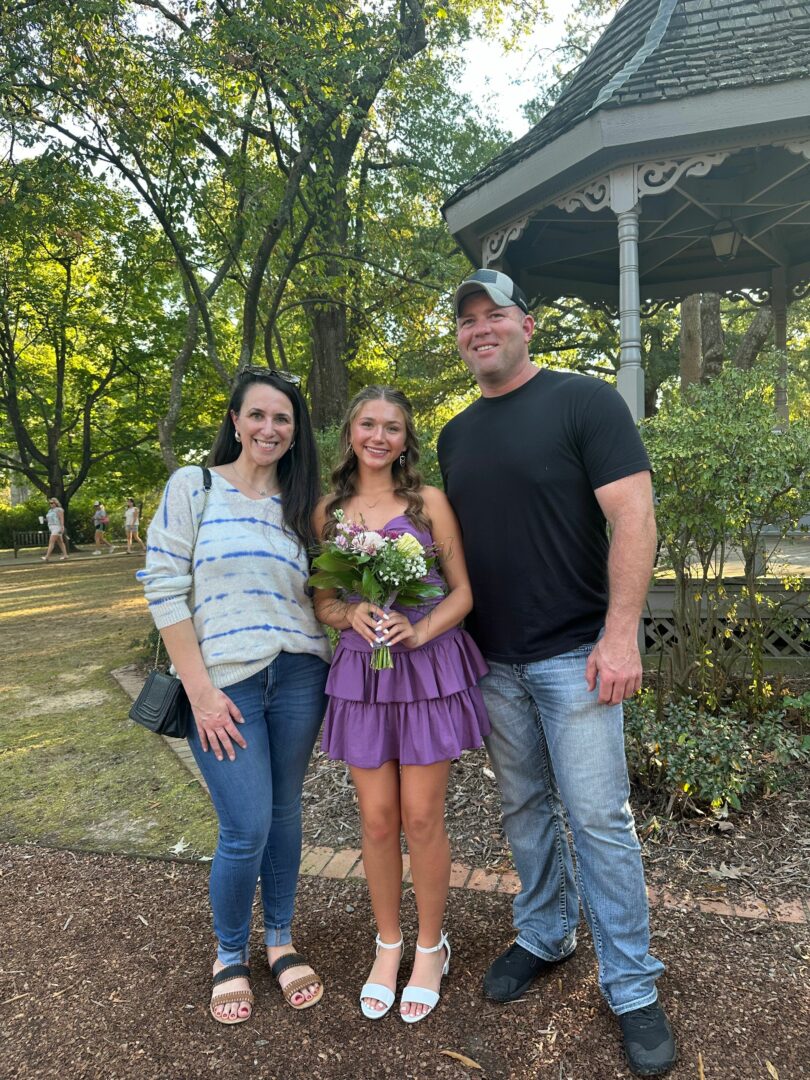
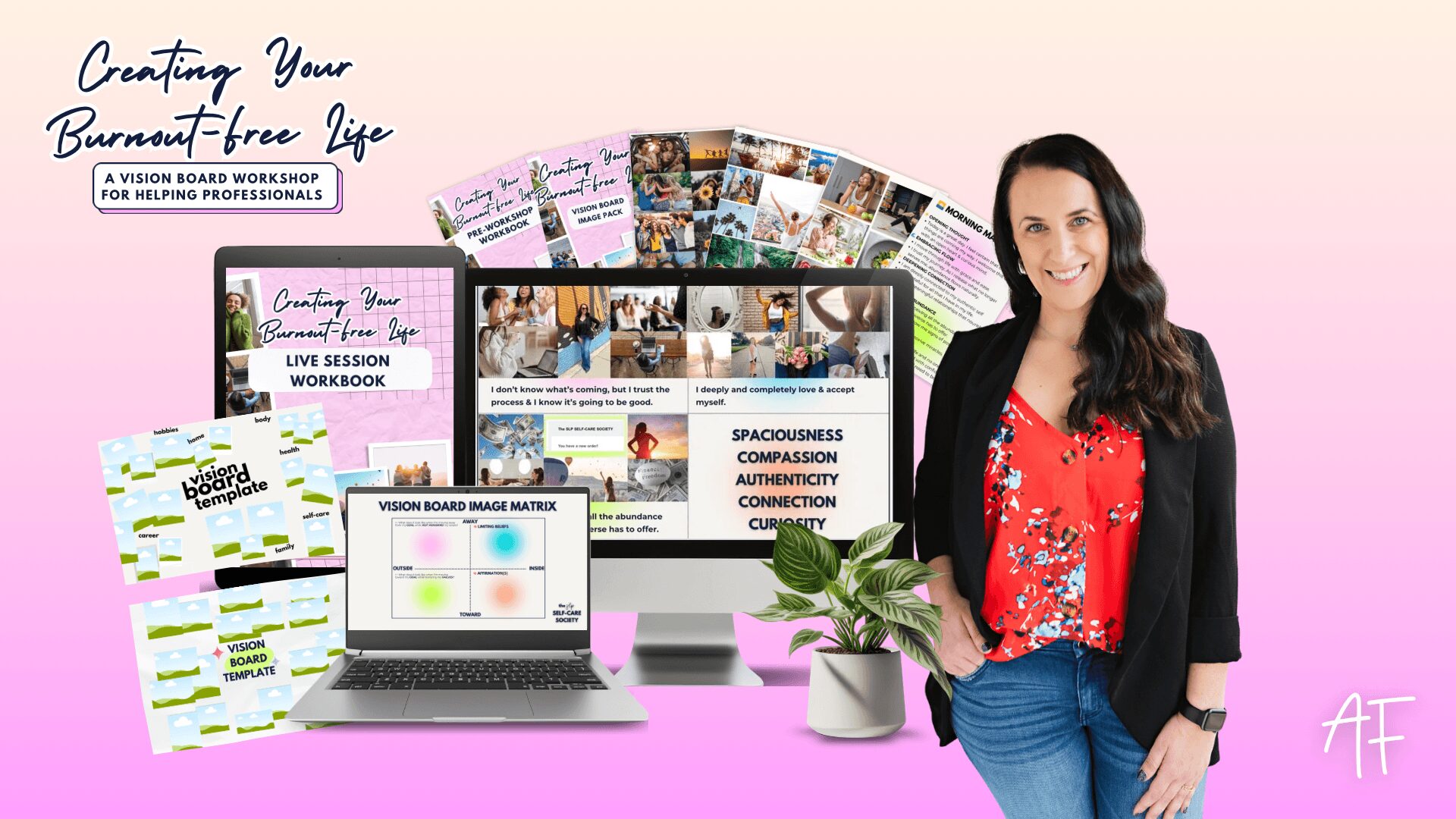
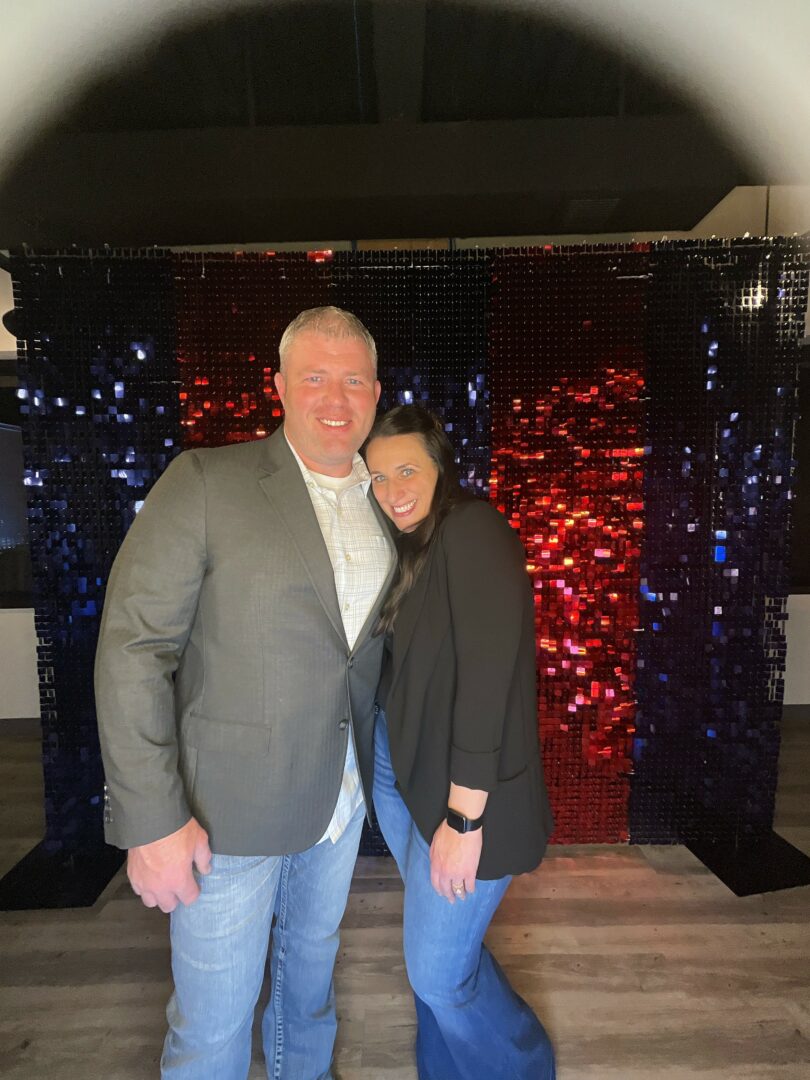
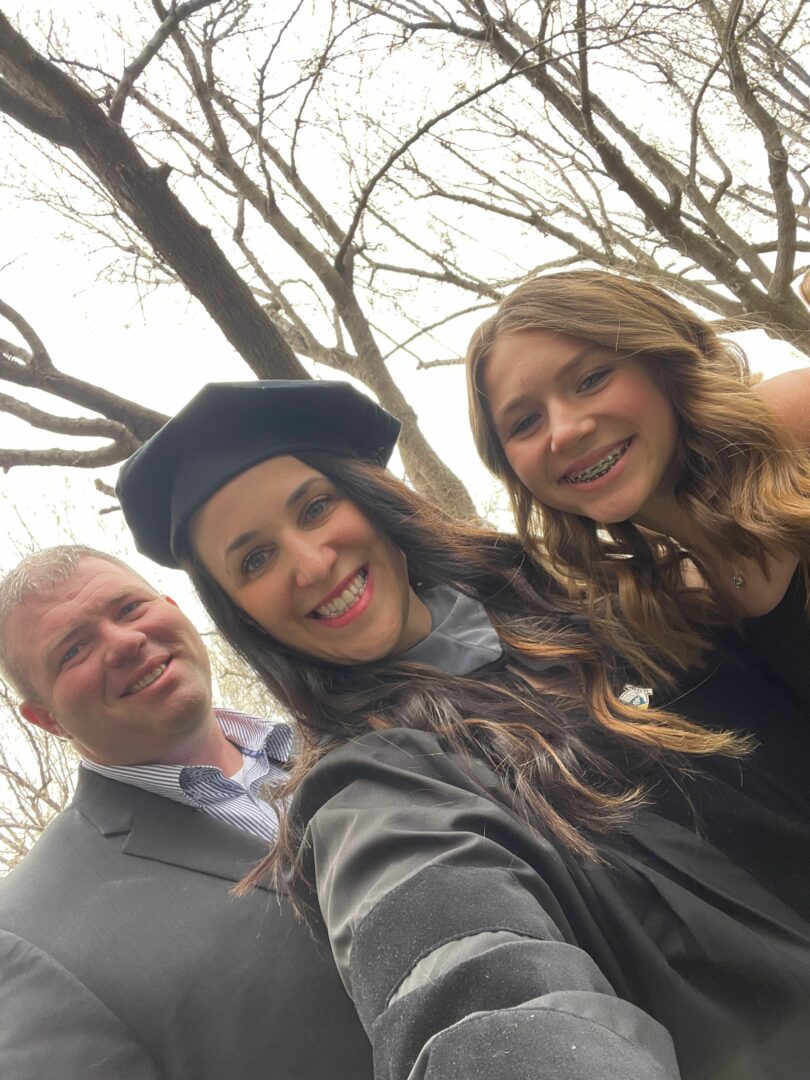

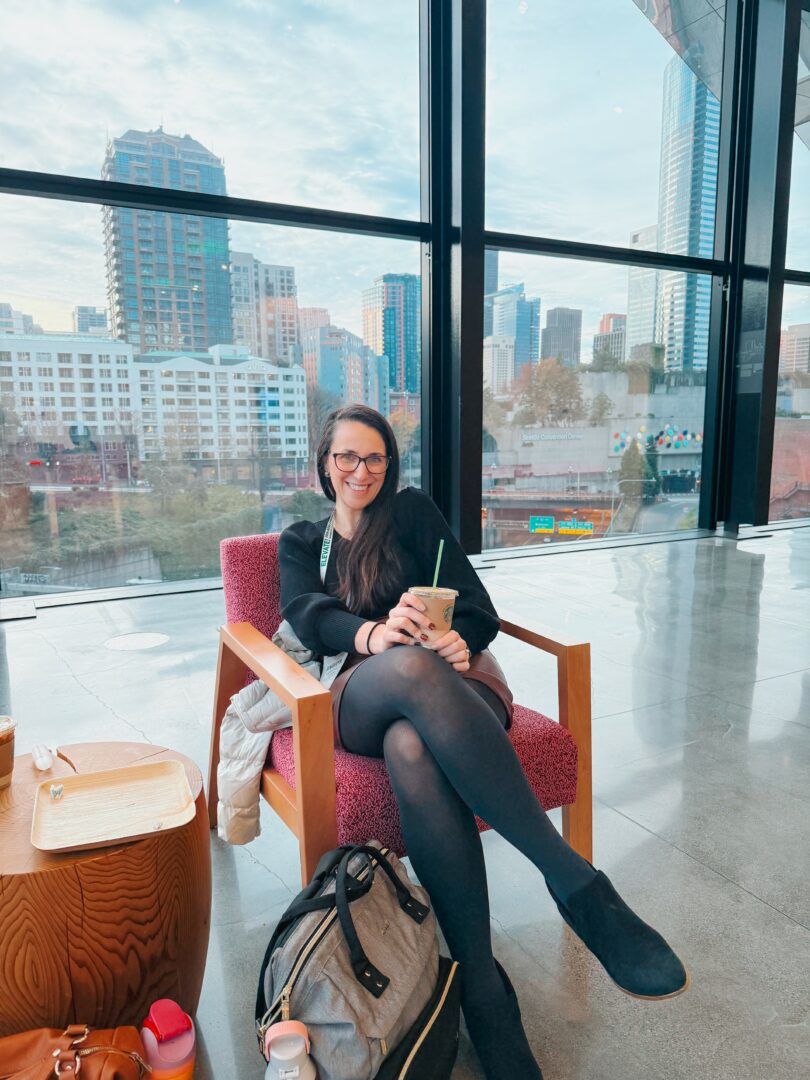
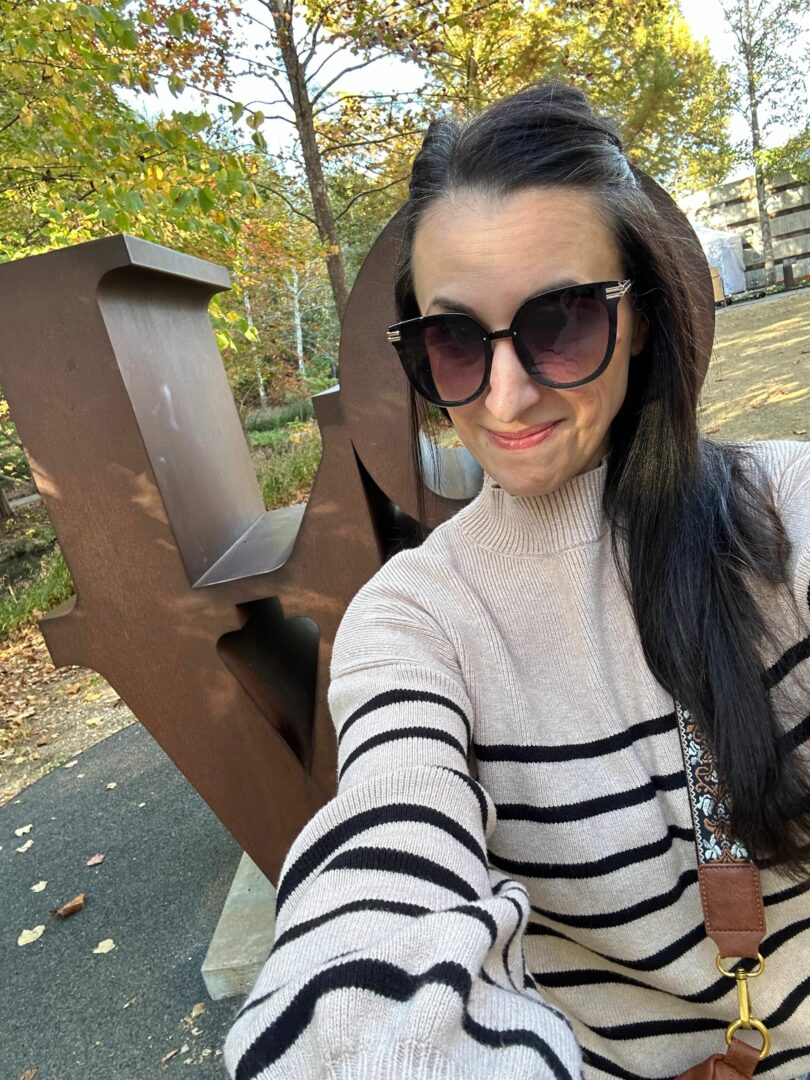
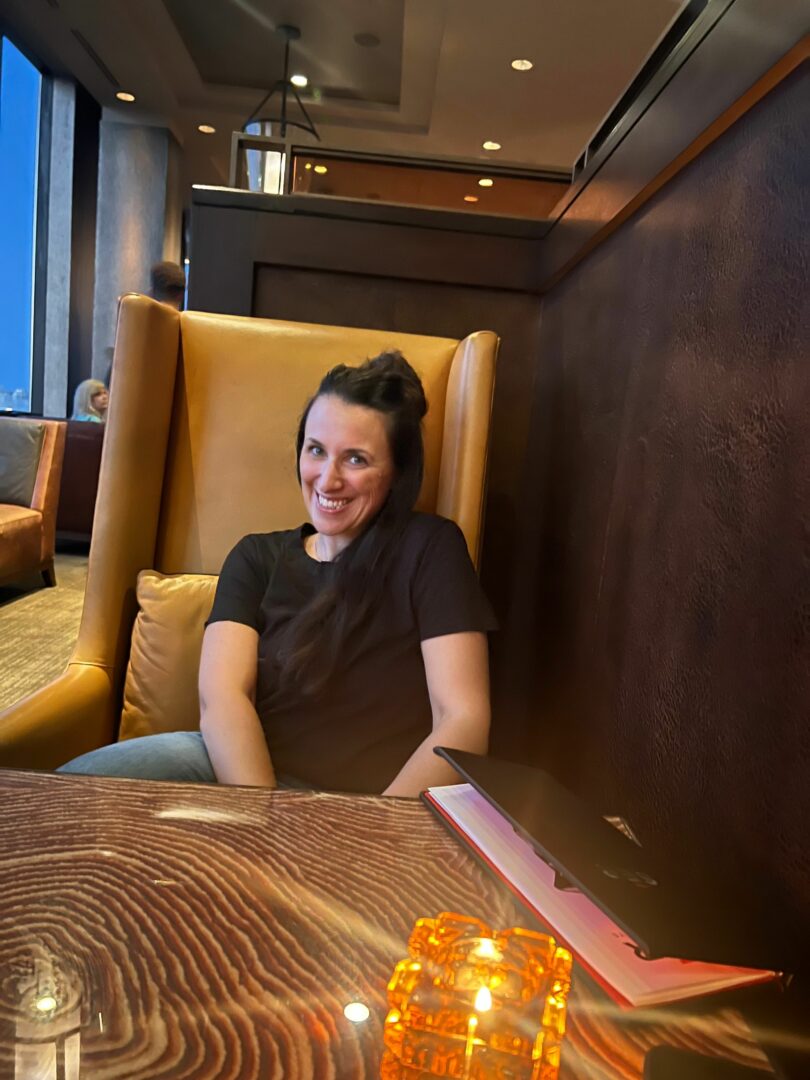
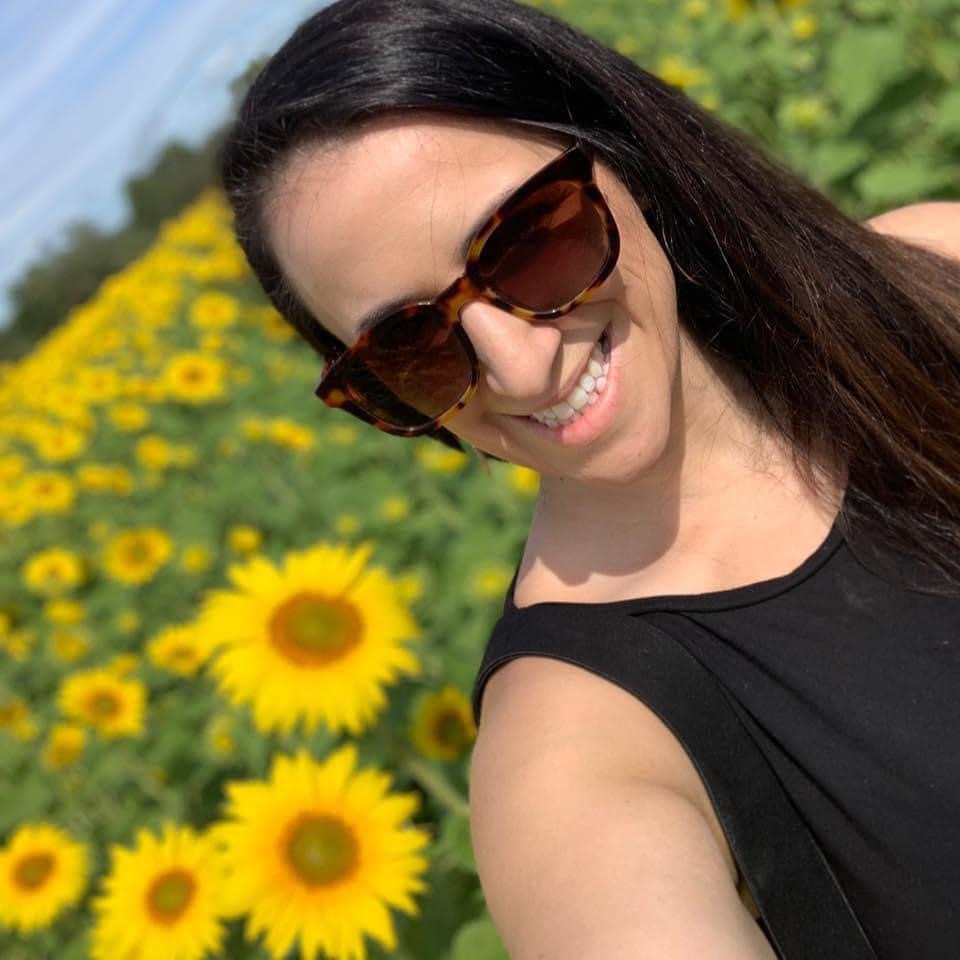
Image Credits
Shana Martin
so if you or someone you know deserves recognition please let us know here.

